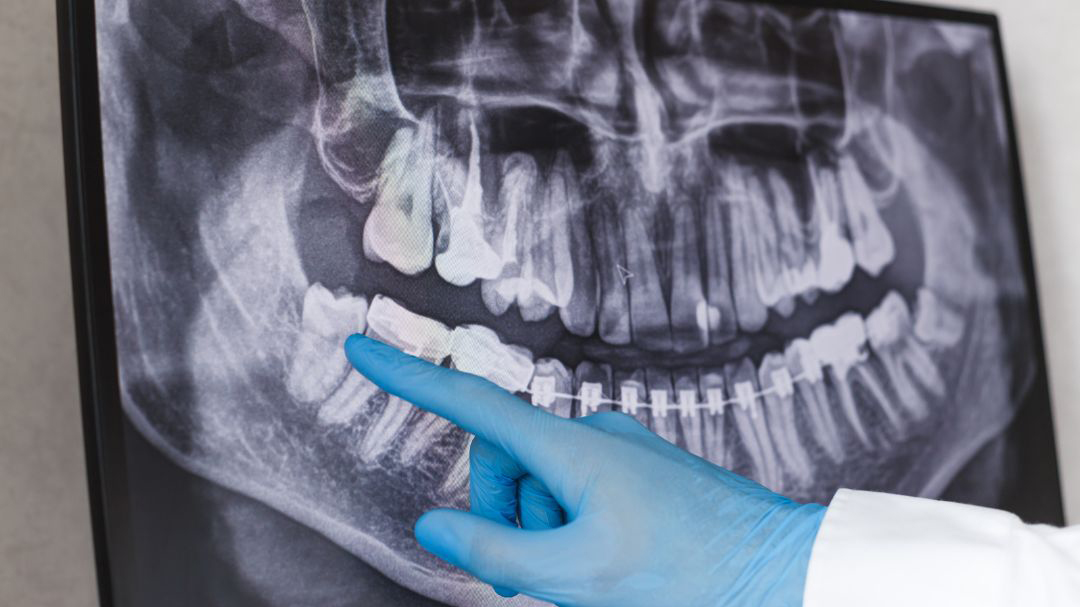
Wisdom teeth, also known as third molars, are the last set of teeth to emerge in the mouth. While they can be valuable assets when properly aligned, wisdom teeth often present various challenges, including impaction, overcrowding, and the risk of oral health issues. In this blog, we will explore different types of wisdom teeth, discuss when removal may be necessary, and explore situations where keeping them could be an option.
Types of wisdom teeth
- Fully Erupted Wisdom Teeth are the least problematic type, where the wisdom teeth have emerged fully and are in alignment with the adjacent teeth.
- Partially Erupted Wisdom Teeth occur when wisdom teeth only partially emerge through the gums, leaving an opening for bacteria to accumulate, potentially leading to infection.
- Impacted Wisdom Teeth occurs when there is insufficient space for the wisdom teeth to erupt fully, causing them to remain trapped beneath the gum line.
When it’s best to let your dentist remove wisdom teeth
If your wisdom teeth erupt fully and haven’t disturbed other teeth, you won’t need to remove them. However, we recommend removal in any of the following circumstances:
- Impacted Wisdom Teeth: In most cases, impacted wisdom teeth should be removed due to their potential to cause pain, infection, damage to adjacent teeth, and development of cysts or tumors.
- Crowding and Shifting of Teeth: Wisdom teeth can exert pressure, leading to crowding and misalignment of existing teeth, compromising orthodontic treatment outcomes.
- Gum Infections and Gum Disease: Partially erupted wisdom teeth can create pockets in the gum tissue, which become breeding grounds for bacteria, potentially causing infection and gum disease.
- Tooth Decay and Cavities: Wisdom teeth are challenging to clean properly, making them susceptible to decay and cavities. If maintaining oral hygiene around these teeth becomes problematic, removal may be advised.
- Cyst Formation: Cysts can develop around impacted wisdom teeth, leading to bone loss, damage to nearby teeth, and potential complications.
Dental clinic extraction versus oral surgery for wisdom teeth
Wisdom tooth removal can sometimes be considered minor oral surgery. Whether your extraction will require an oral surgeon will depend on the position and condition of your wisdom teeth, and many cases can be handled right here at our dental clinic as a preventive dental treatment.
Keeping your wisdom teeth is not always a problem
Wisdom teeth can present various challenges and complications, often requiring removal for optimal oral health. However, in cases where they are fully erupted, properly aligned, and maintainable with good oral hygiene practices, keeping them may be a viable option. It is essential to consult with a dental professional who can evaluate your specific situation and provide personalized recommendations based on your oral health needs.
With regular dental checkups, your dentist can keep an eye on your wisdom teeth
Visit our downtown Saskatoon dental clinic , or contact us to speak with our dentist about your wisdom teeth and find out whether you can keep them or if they should be removed for better long term oral health.
